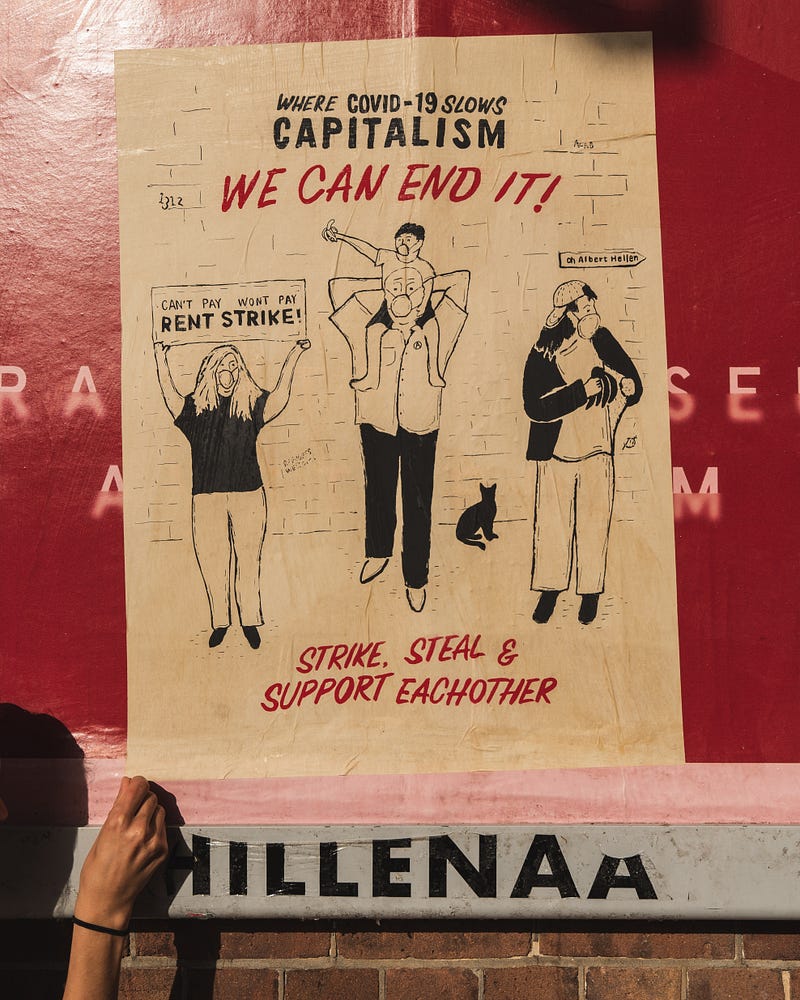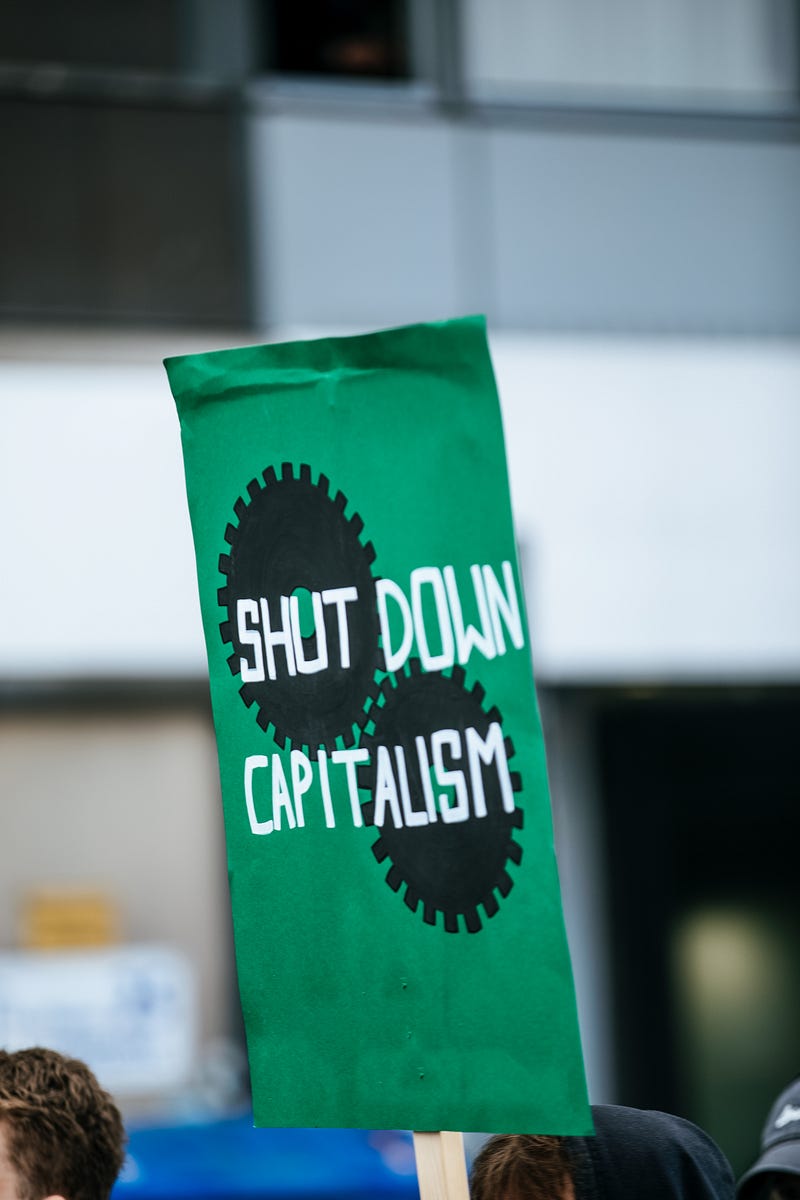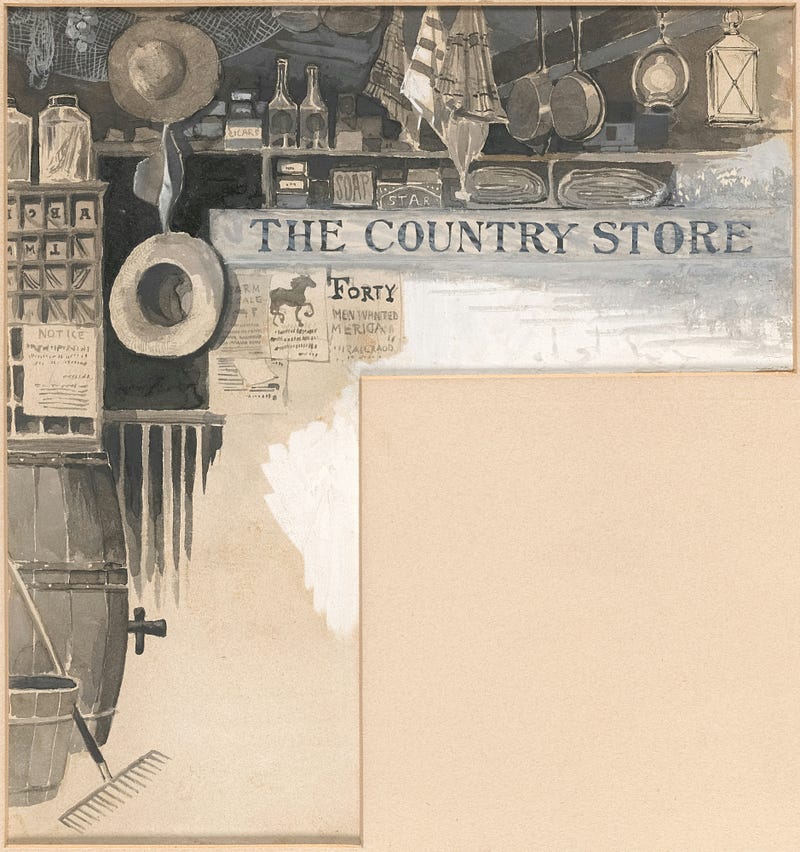Part 2 of a Discussion of Peter Foster’s Why We Bite the Invisible Hand Chapter 9 “The Invisible Metaphor” In the last blog, we examined the meaning of the Invisible Hand metaphor. Now we want to look at several who challenged its ability. Adam Darwin Foster discusses a lecture by…
Tag: Aristocratic Deal

Bernard Mandeville’s Dark Take on Commerce and the Persistence of Flawed Ideas
Part 2 of a Discussion of Peter Foster’s Why We Bite the Invisible Hand Chapter 6 “Tuesdays with Mandeville” As introduced in the last blog, Bernard Mandeville pioneered writing about the hypocrisy he thought was endemic to commerce that was a conversation happily continued by many to follow. Foster dives…

Penning Hypocrisy: Writers Making Money Criticizing Capitalism
Part 1 of a Discussion of Peter Foster’s Why We Bite the Invisible Hand Chapter 6 “Tuesdays with Mandeville” Foster is tracing anti-capitalist thought across many writers of the West, and in this chapter he hits one I had not heard of: Bernard Mandeville who was born in 1670 in…

The Elite Replaced the Bourgeois Deal with Ones that Put Them in Charge
A Discussion of Bourgeois Equality Chapter 63 “The Clerisy Betrayed the Bourgeois Deal, and Approved the Bolshevik and Bismarckian Deals” Finally, we reach the chapter that explains what Dr. McCloskey has been alluding to throughout the book about the clerisy’s change in rhetoric against the Bourgeois Deal. What she calls the clerisy…

Knowing the Source of the Great Enrichment Is Crucial
A Discussion of Bourgeois Equality Chapter 56 “The Change in Ideas Contradicts Many Ideas from the Political Middle, 1890–1980” Not only is this chapter starting Part 9 out of 10 of Dr. McCloskey’s book, but these last 2 parts are addressing the fourth, and last, big question: What are the…

Our Language Shows Historic, and Current, Disdain for the Bourgeois
A Discussion of Bourgeois Equality Chapter 46 “The Hostility was Ancient” Dr. McCloskey continues her exploration of the negative attitude that has existed over time towards trading and profits started last chapter. Trading and profit making and entrepreneurship and betterment have been more or less despised by the aristocracy in pastoral…

Progress was not Inevitable or Predictable
A Discussion of Bourgeois Equality Chapter 38 “The Causes were Local, Temporary, and Unpredictable” People have a tendency to explain how we got where we are in history as if it was an inevitable process, but in this chapter, Dr. McCloskey is advancing the idea the cultural changes that allowed…

How the Dutch First Got Bougie
A Discussion of Bourgeois Equality Chapter 35 “The Dutch Preached Bourgeois Virtue” In the mood for some Dutch history? When are you not, am I right? If you are anything like me, your historical knowledge of Dutch history is thin. So in this chapter, Dr. McCloskey is making note of…

Accounting Was Sooo Bourgeois
A Discussion of Bourgeois Equality Chapter 34 “Aristocratic England, For Example, Scorned Measurement” Dr. McCloskey continues exploring the cultural mindset of the Elizabethan era of England in this chapter to demonstrate it did not embrace measurement, which is foundational to the launch of the Great Enrichment in the eighteenth century….

Elizabethan England Esteemed Elites
A Discussion of Bourgeois Equality Chapter 33 “As Did Elizabethan England Generally” Dr. McCloskey is continuing on with the thesis of last chapter, offering examples of Elizabethan writers other than Shakespeare, who valued hierarchy over the disruptive bourgeois virtues that will allow the trade tested betterment system to take off…

